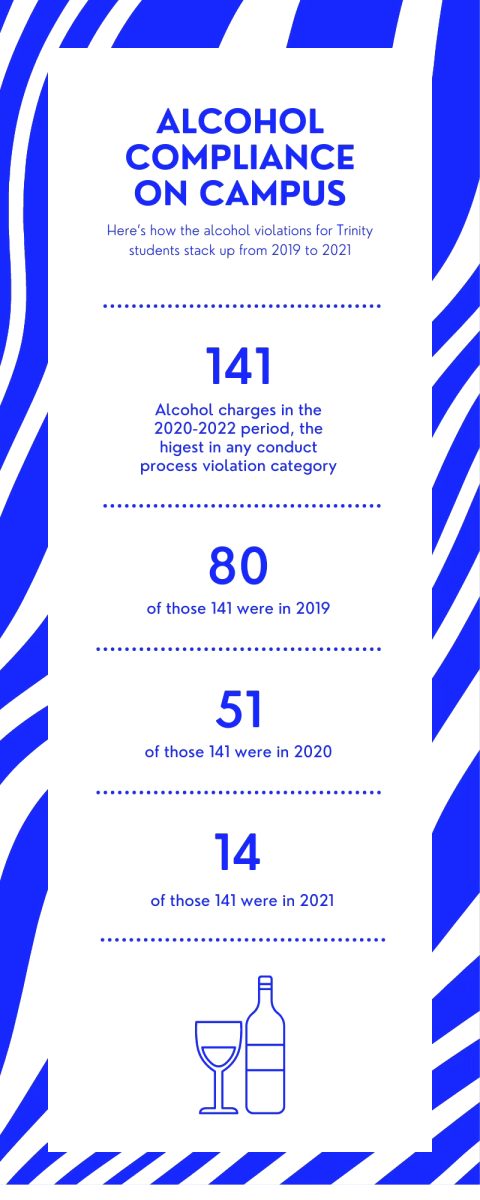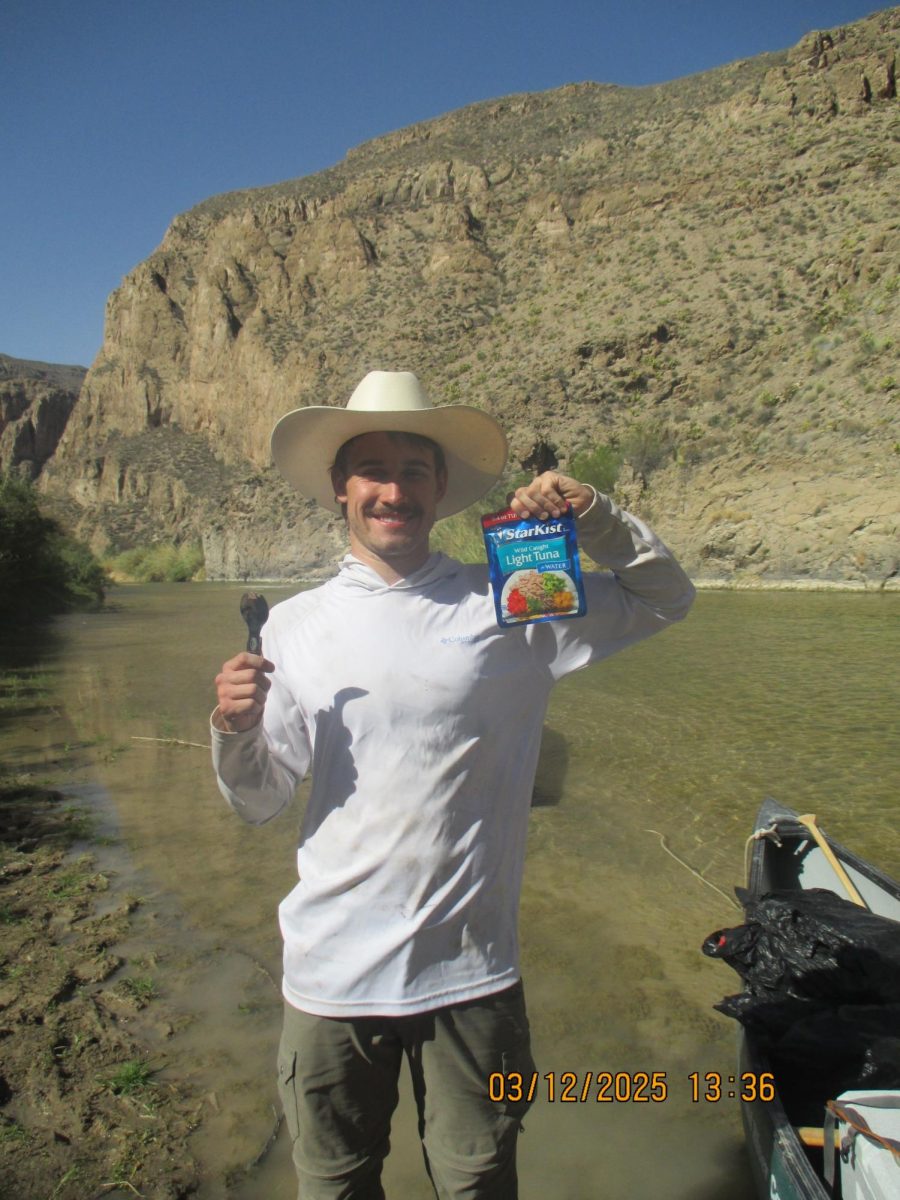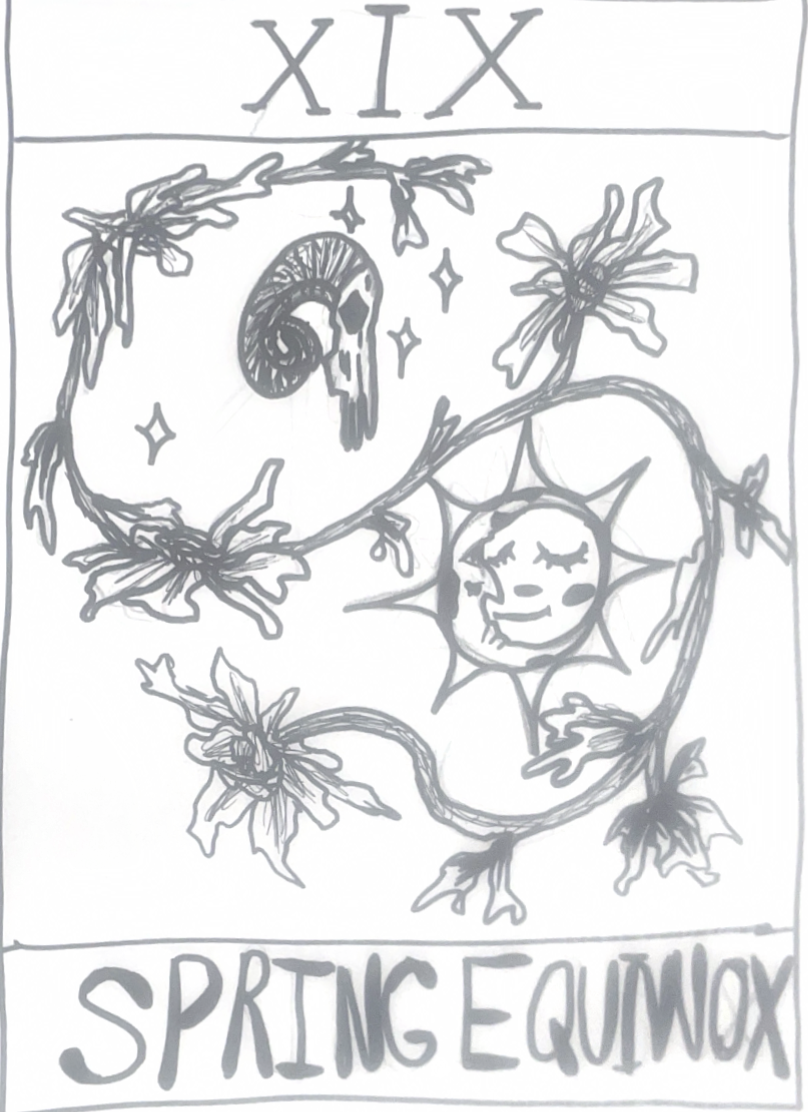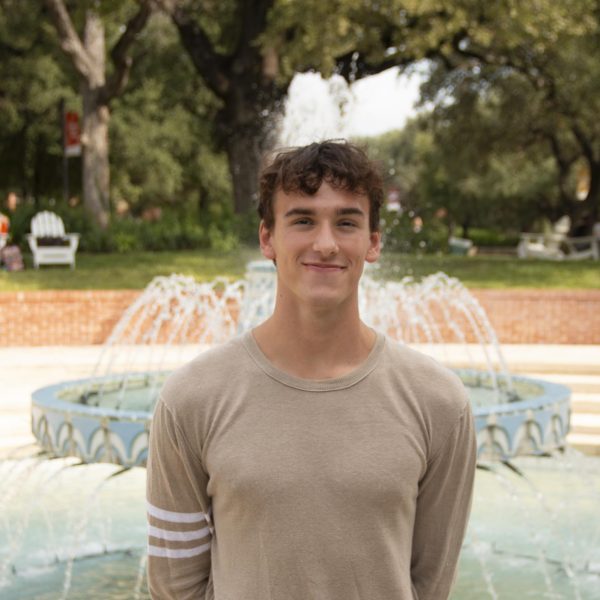The Responsible Friend Initiative ensures that students who report an intoxicated student receive the care and help they need without fear of punishment. This year, the Alcohol and Other Drugs Committee renamed and redesigned the initiative to include all substances, not just alcohol.
This initiative is a subsection to the Alcohol and Other Drugs Policy, and the initiative website displays the following in bold: “Calling TUPD for Alcohol Safety is Not Penalized.” Christina Castillo, assistant director of the dean’s office, clarified that the policy extends to all substances, allowing students to freely get help for another student under the influence of any controlled substance.
When it comes to possession, the subsection Enforcement of the Policy notes that alcohol or any other drugs in possession are subject to confiscation and disposal. Paul Chapa, chief of police, clarified that if there is a criminal act or an additional policy violation committed, a follow-up investigation will be conducted by TUPD.
“Bad decisions happen when people are drinking,” Chapa said. “When you go out there for that one night, to go out and have fun, it can change your whole life. When they get to that point of inebriation, it’s so critical that we take care of each other.”
In the event that a student calls for help, Chapa explained that TUPD is equipped with Narcan and first-aid kits. Officers on the scene may contact Emergency Medical Services (EMS) for support to evaluate the student in need, and the intoxicated student may be sent to an off-campus sobering unit if EMS deems necessary. The university will also provide an Uber back to campus after the sobering unit, free of charge.
“We understand students are going to drink on campus,” Chapa said. “Underage drinking is going to happen. We have a pathway for it, and how we manage that — safely, effectively and responsibly. And that is not to create a sense of fear.”
TUPD, resident assistants or any mandatory reporter on the scene writes a report for the incident and submits it to the dean’s office for adjudication. Jessica Edonick, dean of students, said that the dean’s office reaches out to students to make sure they are well, safe and connected to resources.
“The health component of this is helping students understand what is leading them to use substances,” Edonick said. “How do they make healthy decisions about using alcohol or drugs, if that is their choice, and we want to provide them with information, tools and support as they navigate young-adulthood and take these tools and knowledge with them even far after they graduate from Trinity.”
This year the Alcohol and Other Drugs Committee, consisting of faculty members, students, TUPD and the Wellness Services team members, amended the initiative to include guidance for the process after the report is made. Castillo explained that, following a report, she reaches out to the student, schedules a meeting and talks through what happened. She also refers students to the resources on campus, including Tigerhub — a website with links to and details regarding on-campus health and wellness resources.
“We also want students to be able to let us know if something isn’t working, if something happened and they were not pleased with what the outcome was, how it took place or how it unfolded. We want to know those pieces. The more feedback we get from students, the better,” Edonick said.
Per the Drug-Free Schools and Communities Act, Trinity University is required to compile and disclose a drug and alcohol report biennially. Castillo explained that partners on campus, including TUPD, Wellness Services, Health Services, HR, faculty and Greek life contribute to the data included within the reports. The reports contain strategies, notifications of health risks and statistics.
“The safety of students is really the top priority,” Castillo said. “Students calling without fear is really fantastic, because now they can actually get the help they hopefully need.”
John Rowse, deputy chief of police, said that seeking help for someone in need is crucial, because intoxication without care may result in death. To add, Chapa said that he recommends students go to parties in groups and monitor each other’s consumption and condition.
“You wouldn’t want someone to leave you in that condition,” Rowse said. “Getting the help is so much more than anything else that could come out of it, because the worst thing for that person is to not wake up in the morning.”
This article is the first part of a two-part series addressing alcohol compliance on campus.








